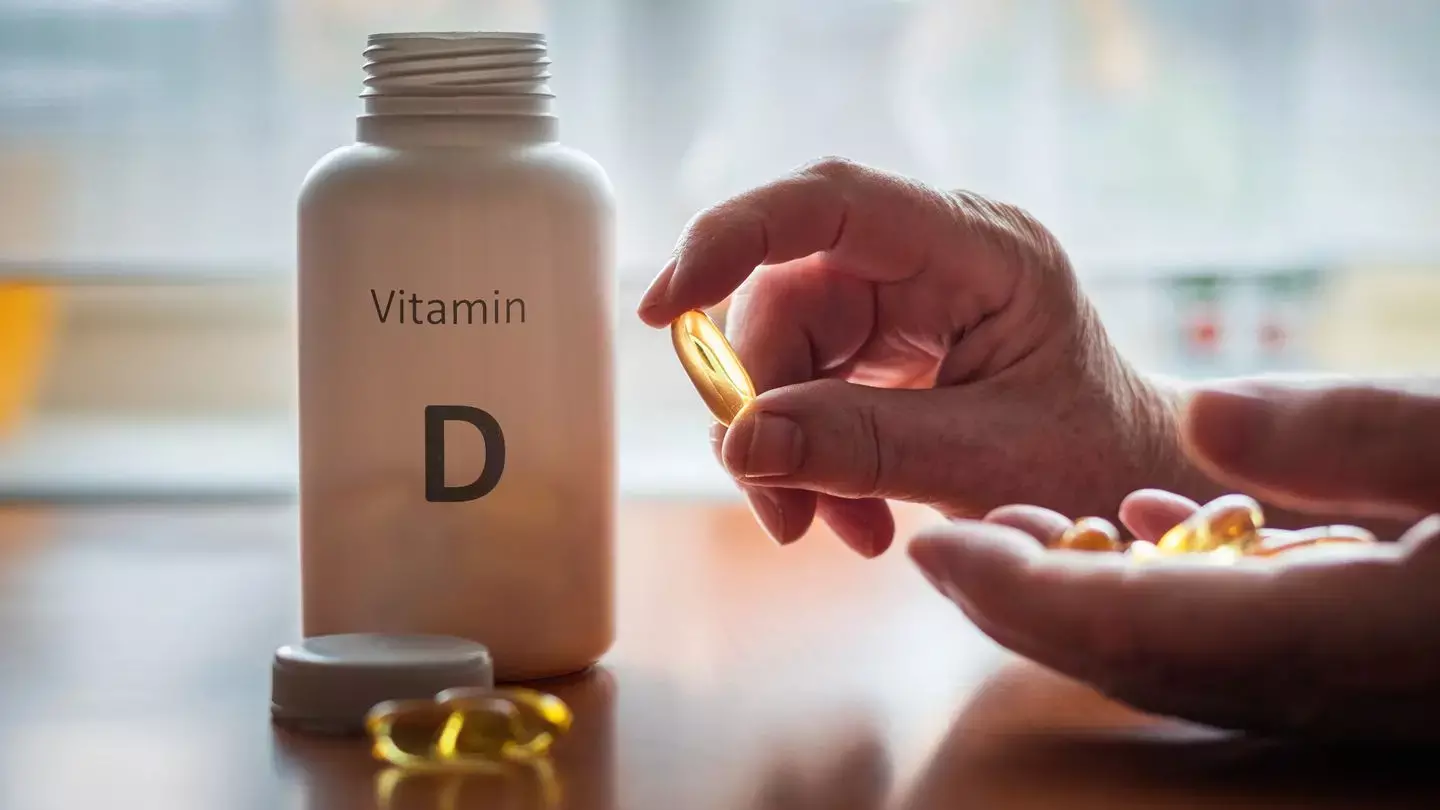- Home
- Medical news & Guidelines
- Anesthesiology
- Cardiology and CTVS
- Critical Care
- Dentistry
- Dermatology
- Diabetes and Endocrinology
- ENT
- Gastroenterology
- Medicine
- Nephrology
- Neurology
- Obstretics-Gynaecology
- Oncology
- Ophthalmology
- Orthopaedics
- Pediatrics-Neonatology
- Psychiatry
- Pulmonology
- Radiology
- Surgery
- Urology
- Laboratory Medicine
- Diet
- Nursing
- Paramedical
- Physiotherapy
- Health news
- Fact Check
- Bone Health Fact Check
- Brain Health Fact Check
- Cancer Related Fact Check
- Child Care Fact Check
- Dental and oral health fact check
- Diabetes and metabolic health fact check
- Diet and Nutrition Fact Check
- Eye and ENT Care Fact Check
- Fitness fact check
- Gut health fact check
- Heart health fact check
- Kidney health fact check
- Medical education fact check
- Men's health fact check
- Respiratory fact check
- Skin and hair care fact check
- Vaccine and Immunization fact check
- Women's health fact check
- AYUSH
- State News
- Andaman and Nicobar Islands
- Andhra Pradesh
- Arunachal Pradesh
- Assam
- Bihar
- Chandigarh
- Chattisgarh
- Dadra and Nagar Haveli
- Daman and Diu
- Delhi
- Goa
- Gujarat
- Haryana
- Himachal Pradesh
- Jammu & Kashmir
- Jharkhand
- Karnataka
- Kerala
- Ladakh
- Lakshadweep
- Madhya Pradesh
- Maharashtra
- Manipur
- Meghalaya
- Mizoram
- Nagaland
- Odisha
- Puducherry
- Punjab
- Rajasthan
- Sikkim
- Tamil Nadu
- Telangana
- Tripura
- Uttar Pradesh
- Uttrakhand
- West Bengal
- Medical Education
- Industry
Study Finds No Strong Association Between Vitamin D Status and Low Back Pain

A significant health investigation published in the Nutrients Journal found no evidence to support a link between vitamin D levels or supplement use and low back pain (LBP). Vitamin D deficiency is characterized by serum 25-hydroxyvitamin D levels below 30 nmol/L. This is a global concern known for its potential impacts on bone health and muscle function. However, its association with LBP which is the most common musculoskeletal disorder that cause disability worldwide has remained unclear.
This recent comprehensive study from UK Biobank cohort involved a total of 135,934 participants and provided a robust dataset for this investigation. This allowed to explore both cross-sectional and longitudinal associations. The age- and sex-adjusted models suggested a possible link between vitamin D deficiency, vitamin D supplement (VDS) use and LBP. However, these associations were diminished following the adjustments for a wide range of potential confounding factors, including lifestyle, comorbidities and socioeconomic status.
Approximately 21.6% of the participants were found to have vitamin D deficiency, while only 4% reported regular use of VDS. Over a median follow-up period of 8.5 years, 3.8% of the group reported experiencing LBP at study enrollment, with an additional 3.3% diagnosed during the follow-up period. The longitudinal analysis revealed that neither vitamin D deficiency nor VDS use was associated with an increased risk of developing LBP, despite the initial assumptions.
These findings are critical, as they challenge the existing narrative which suggests a potential therapeutic role of vitamin D in preventing or managing LBP. The outcomes of this study highlight the multifactorial nature of LBP that can be influenced by factors like lifestyle, psychosocial issues and genetics. This underlines that the vitamin D status alone is unlikely to have a significant impact on LBP risk.
The research benefits from the large sample size and the detailed data available from the UK Biobank provides strong evidence against a significant role of vitamin D in LBP etiology. Overall, this comprehensive study provides no support for the hypothesis that vitamin D status or supplementation plays a critical role in the development or prevention of LBP. These findings prompt a reevaluation of the purported benefits of vitamin D beyond bone health and elucidate the importance of focusing the multifactorial causes of LBP in both research and clinical practice.
Reference:
Sha, S., Chen, L.-J., Brenner, H., & Schöttker, B. (2024). Serum 25-Hydroxyvitamin D Status and Vitamin D Supplements Use Are Not Associated with Low Back Pain in the Large UK Biobank Cohort. In Nutrients (Vol. 16, Issue 6, p. 806). MDPI AG. https://doi.org/10.3390/nu16060806
Neuroscience Masters graduate
Jacinthlyn Sylvia, a Neuroscience Master's graduate from Chennai has worked extensively in deciphering the neurobiology of cognition and motor control in aging. She also has spread-out exposure to Neurosurgery from her Bachelor’s. She is currently involved in active Neuro-Oncology research. She is an upcoming neuroscientist with a fiery passion for writing. Her news cover at Medical Dialogues feature recent discoveries and updates from the healthcare and biomedical research fields. She can be reached at editorial@medicaldialogues.in
Dr Kamal Kant Kohli-MBBS, DTCD- a chest specialist with more than 30 years of practice and a flair for writing clinical articles, Dr Kamal Kant Kohli joined Medical Dialogues as a Chief Editor of Medical News. Besides writing articles, as an editor, he proofreads and verifies all the medical content published on Medical Dialogues including those coming from journals, studies,medical conferences,guidelines etc. Email: drkohli@medicaldialogues.in. Contact no. 011-43720751


